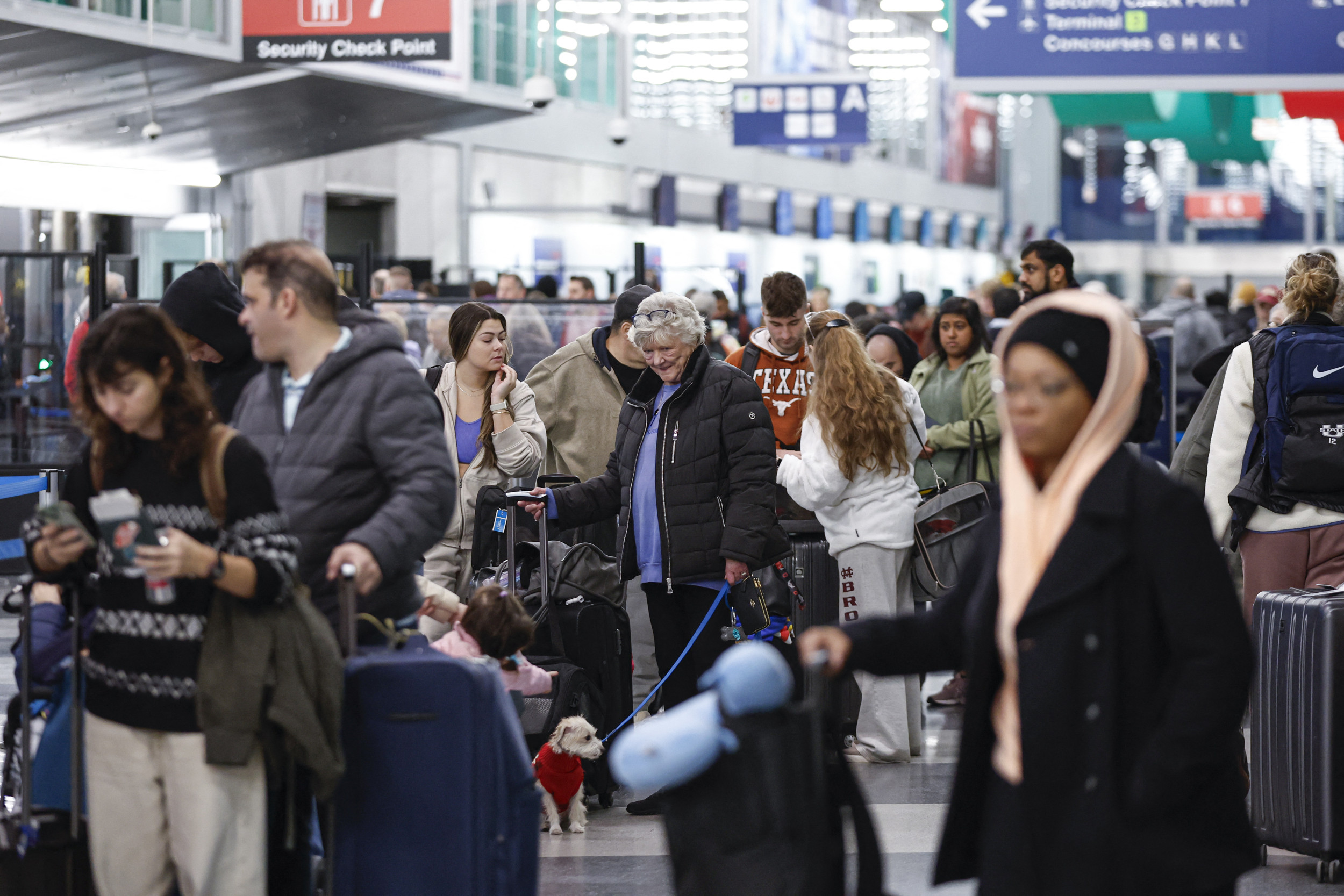CNN
—
South Korea will soon launch a new visa for foreign nationals who dream of training like a K-pop idol, in a bid to boost its tourism industry back to pre-pandemic levels.
The “K-Culture Training Visa” will be open to foreigners who want to train in K-pop dancing, choreography and modeling, the finance ministry announced on Monday.
Applicants don’t necessarily need to audition or have a callback offer from a talent agency – at least not yet – as more details are expected to come out later this year.
The surge in interest toward all things Korean has prompted many foreign fans to travel to South Korea and even learn the language, with some splashing out on full-on pilgrimages to visit the filming locations of K-pop music videos and K-dramas.
Seoul now aims to use its culture’s popularity as a tourism draw for more people worldwide, possibly easing barriers for travelers from Southeast Asia. Last year, travelers from countries like Thailand and the Philippines made up more than a fifth of total visitors to South Korea, according to the Ministry of Culture, Sports and Tourism (MCST), despite sometimes lengthy visa requirements.
The rise of South Korean cultural exports since the 1990s, dubbed the Hallyu Wave or K-wave, has exploded in the last decade, with super-groups like BTS and Blackpink breaking though international music charts and Korean drama series becoming more popular on streaming platforms.
K-pop is already the most-cited reason for visiting the country, according to the MCST, with particularly strong interest from overseas fans from Southeast Asia, Europe and the US.
Korean celebrities have been heavily featured travel advertisements with Emmy-winning “Squid Game” actor Lee Jung-jae becoming the honorary tourism ambassador for the country, while flagship carrier Korean Air even collaborated with boy band SuperM for its in-flight safety video in 2019.
But while the nationalities of those entering the country are becoming more diverse, tourism has been slow to recover to its pre-pandemic levels, according to the finance ministry.
Last year, around 11 million people visited the country – a slight boost from the year prior but far fewer than in 2019, when more than 17.5 million tourists visited, according to government data.
Tourism revenue also continued to fall short, generating $15.1 billion in 2023, 25% less than the $20 billion seen in 2019. The ministry said the slow recovery was due to shifting spending from shopping to cultural experiences.
South Korea has also made it easier for digital nomads to stay and work in the country, implementing its “workation” visa at the start of this year. The government is considering to expand the scheme so that remote workers can also indulge in tourism while working in the country.
While the latest announcements are a critical step towards further opening up South Korea to international workers, some experts believe these visas could eventually increase the workforce and ease its demographic crisis in a country that has the lowest fertility rate worldwide.









